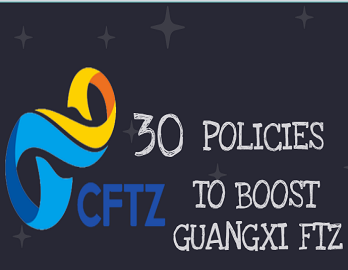Nanning issues new preferential policy for talents
Updated: 2020-04-19
Nanning issued the Measures on Accelerating the Accumulation of Talent Resources and Implementing the Strategy of Strengthening the Capital on April 15, proposing 18 innovative measures around the four aspects of talent gathering, platform construction, management mechanism, and service guarantee.
The new policy relaxes the age and academic qualifications of school teachers from outside Nanning in the compulsory education stage of townships and below. It also continues to promote the development of the human resources service industry, giving subsidies to operating agencies of human resources service industrial parks.
The scope of application of existing talent policies, the scope of talent settlement subsidy policies, and the range of young talents are also expanded.
All kinds of talents of State-owned enterprises directly under the central government and the Guangxi government that have economic contributions to Nanning, as well as all kinds of talents stationed in universities and research institutes that innovate and start up in Nanning can enjoy preferential treatment of the city's talent policies.
Class D and E high-level talents identified by Nanning who purchase housing for the first time after July 31, 2018 can enjoy a maximum of 400,000 yuan ($56,536.53) and 200,000 yuan in housing subsidies.
The age limit of young talents has also been clearly adjusted to less than 40 years old.
A talent pool for those developed outside Guangxi will be established to improve the long-term communication mechanism for Guangxi's outstanding talents.
The policy also noted that Nanning will set 1 million yuan per year for training financial talents in the fields of insurance actuaries, financial technology, venture capital, and asset management.
The city will encourage municipal enterprises and institutions to actively integrate into the development and utilization of human resources in the Guangdong-Hong Kong-Macao Greater Bay Area, as well as support universities, scientific research institutions, and industry leading enterprises in Nanning to build talent centers or innovation centers outside Guangxi.
In addition, the policy proposes to explore and develop the government employee system, trying out the government employee system in municipal organs, development zones, and Wuxiang New District, as well as selecting and hiring high-level professionals in the fields of law, finance, economy and trade, urban construction, planning, information, foreign languages, and emerging industries.



